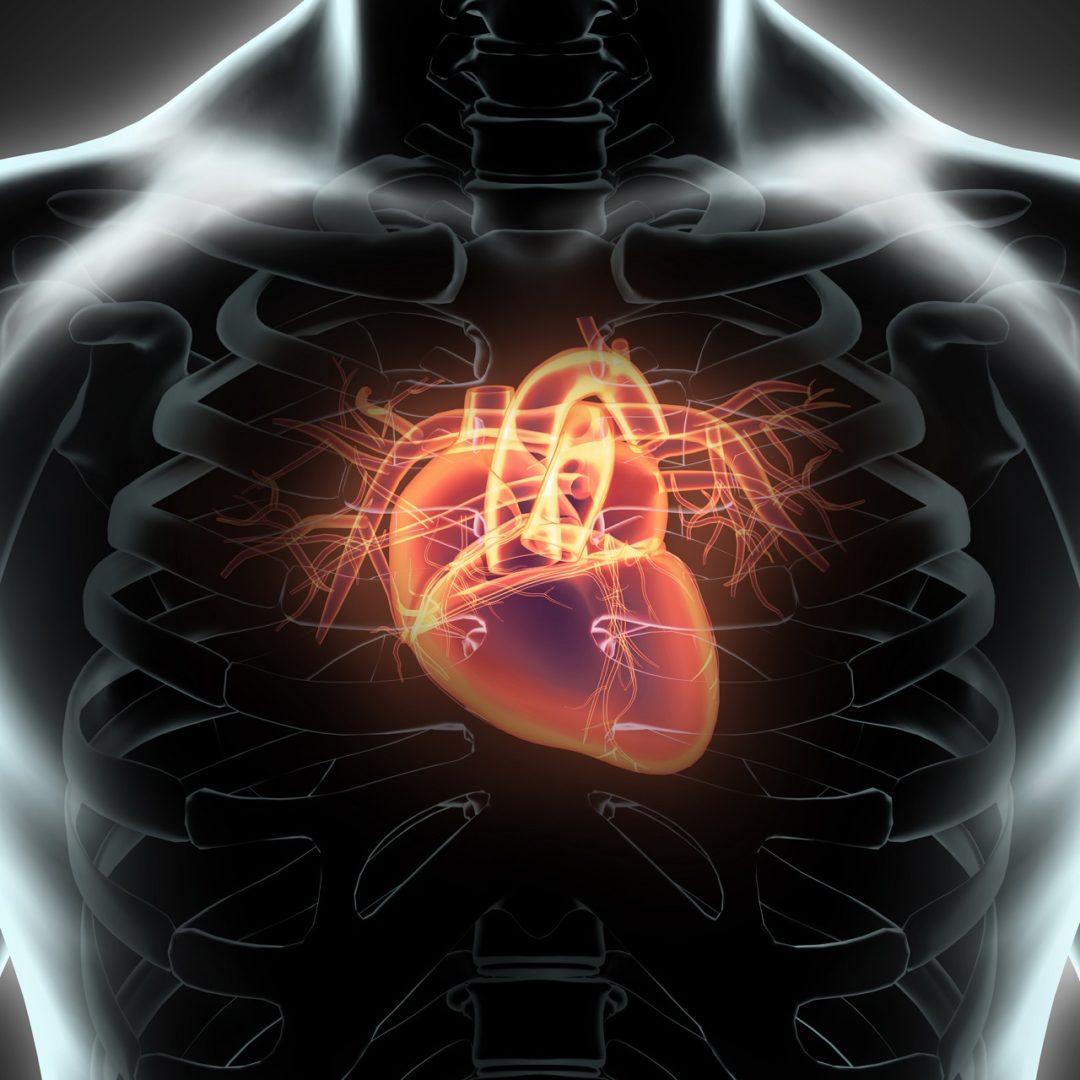
Two New Studies Show Link Vitamin K-deficiency with Arterial Calcification and Stiffness.

TheNephron paper titled “Correlations of Plasma Desphosphorylated Uncarboxylated Matrix Gla Protein with Vascular Calcification and Vascular Stiffness in Chronic Kindey Disease” investigated 83 chronic kidney disease (CKD) patients ranging from stages 3-5. Researchers determined vascular calcification scores by measuring calcific lesions in the abdominal aorta and vascular stiffness was assessed using a cardio-ankle vascular index (CAVI) and pulse wave velocity, while plasma dp-ucMGP, or inactive MGP, levels were measured using an ELISA method.
Because dp-ucMGP has been significantly associated with vitamin K-deficiency and vascular calcification, researched wanted to expore the correlation between plasma dp-ucMGP with vascular calcification and vascular stiffness in chronic kidney disease patients. Results showed that “Plasma dp-ucMGP levels increase according to the severity of CKD,” and that “Plasma dp-ucMGP was positively associated with vascular calcification.”
TheAmerican Journal of Hypertension’s study titled “Inactive Matrix Gla-Protein and Arterial Stiffness in Type 2 Diabetes Mellitusureus” enrolled a multiethnic cohort of 66 participants with type 2 diabetes, measuring carotid-femoral pulse wave velocity (CF-PWV) with high-fidelity arterial tonometry and dp-ucMGP with ELISA. Hypothesizing that the levels of inactive MGP (dp-ucMGP) are related to arterial stiffness in type 2 diabetes, the researcher found that indeed dp-ucMGP predicting arterial stiffness even after adjustment for age, gender, ethnicity, mean arterial pressure, eGFR, and warfarin use.
Researchers concluded that supplementation of vitamin K is a potential solution suggested one of the authors. “Deficient vitamin K-dependent activation of MGP may lead to large artery stiffening and could be targeted with vitamin K supplementation in the patients with diabetes,” they state.
Product formulators were pleased that these clinical studies found a relationship between high amounts of inactive MGP and arterial calcification, validating the use and need of vitamin K2. “The mechanism of MGP inhibiting arterial calcification has been clearly established in cellular, animal and now human studies,” says Hogne Vik, chief medical officer with NattoPharma, a vitamin K2 product development. “In fact, adequate vitamin K is required to activate MGP.”

The editorial team at WholeFoods Magazine has decades of experiences reporting on natural products industry news, trends, and more. This national, monthly business-to-business magazine has been published continuously for nearly 40 years (the magazine was founded in 1977, and has been owned by Wainer Finest Communications since 1984). It is the longest-tenured media outlet of its kind in the natural products industry. The editorial focus at WholeFoods Magazine is, and always has been, on informing and educating members of the natural products industry.
The Magazine
Information
About Us
NOTE: WholeFoods Magazine is a business-to-business publication. Information on this site should not be considered medical advice or a way to diagnose or treat any disease or illness. Always seek the advice of a medical professional before making lifestyle changes, including taking a dietary supplement. The opinions expressed by contributors and experts quoted in articles are not necessarily those of the publisher or editors of WholeFoods.







